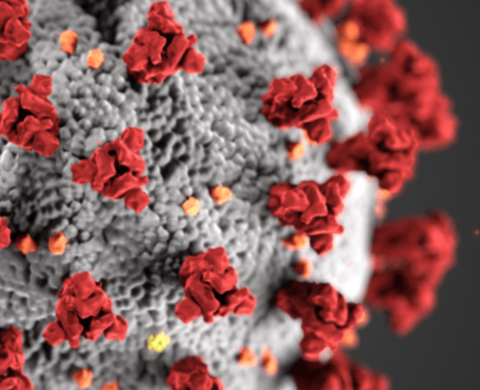A special issue of the 4liberty.eu Newsletter provides an overview of the articles devoted to the topic of the ongoing COVID-19 pandemics, providing a wide range of perspectives to help make sense of the situation.
 |
FOR: |
Maria Slominska-Fabis (Projekt: Polska):
Amid the pandemic outbreak of COVID-19, the ruling Law and Justice (PiS) party in Poland shows no intention of postponing the presidential elections scheduled for May 10. The outcome is likely to be deemed illegitimate. Will this be the last straw for Polish democracy?
|
Jakub Skala (Liberalni Institute):
Testing seems to be vital in fighting COVID-19, as seen in South Korea or Taiwan. Here, we do not really test. The government practically gave up on actively containing the virus. They hope the quarantine will do, which is simply unrealistic.
|
Justus Lenz (Liberales Institute):
Although even medical experts struggle to understand the precise nature of the new coronavirus, it appears clear that it has the ability to spread fast, creating an exponential growth rate.
|
Sabine Leutheusser-Schinarrenberger (FNF):
Hungarian Prime Minister Viktor Orbán has extended his power in Hungary with a new law. Despite the spread of the new coronavirus, this shouldn’t have happened.
|
Thomas Clausen (Liberales Institute):
On the face of it, COVID-19 has changed everything. Suddenly, homeschooling seems to be the new norm and many parents have to tackle a tremendous challenge for which they have hardly been prepared.
|
Mate Hajba (Free Market Foundation):
Do you know how to do it? You know, a corpulent guy, that politician or whomever, demonstrated it on TV. Just turn the tap on. No, don’t worry, they promised us they are reducing the water price. They even took over that company that billed us. Now it’s in the national hands, or maybe it’s ours, I didn’t quite get it, but they promised it is good for u
|
|
||
|
||
|
||
|
||
|
||
|
||
|
||
|



![4liberty.eu N E W S L E T T E R [COVID-19] 4liberty.eu N E W S L E T T E R [COVID-19]](https://4liberty.eu/phidroav/2020/05/Cornelis_Norbertus_Gysbrechts_005.jpg)















